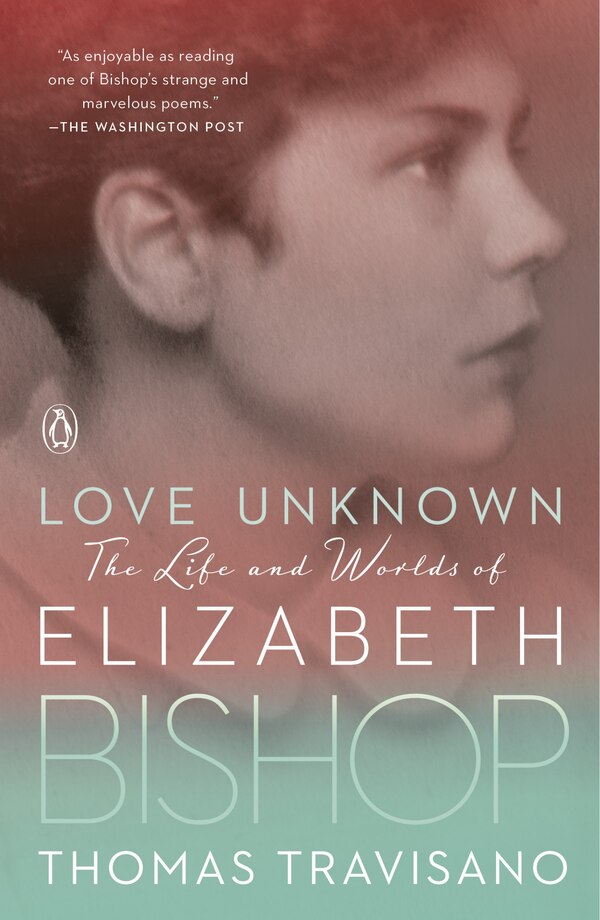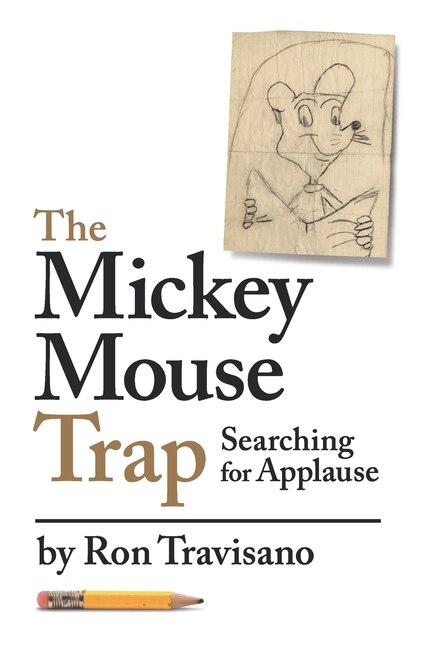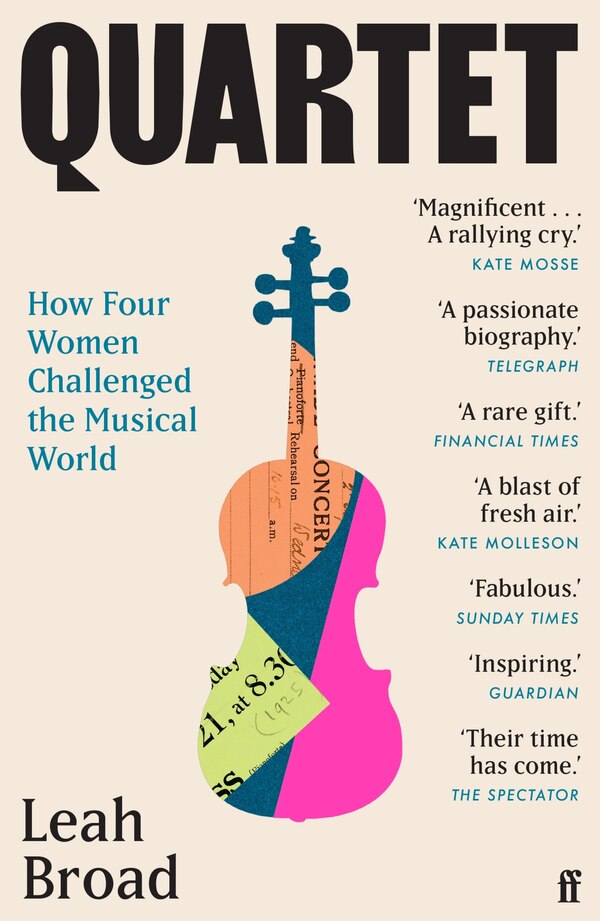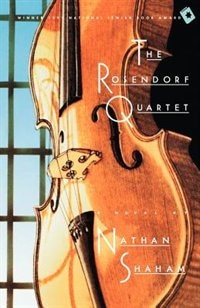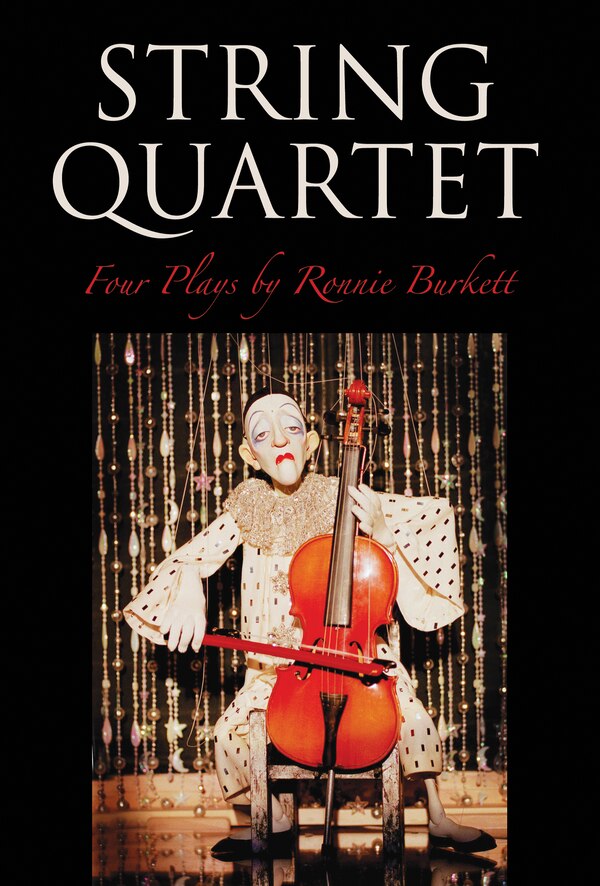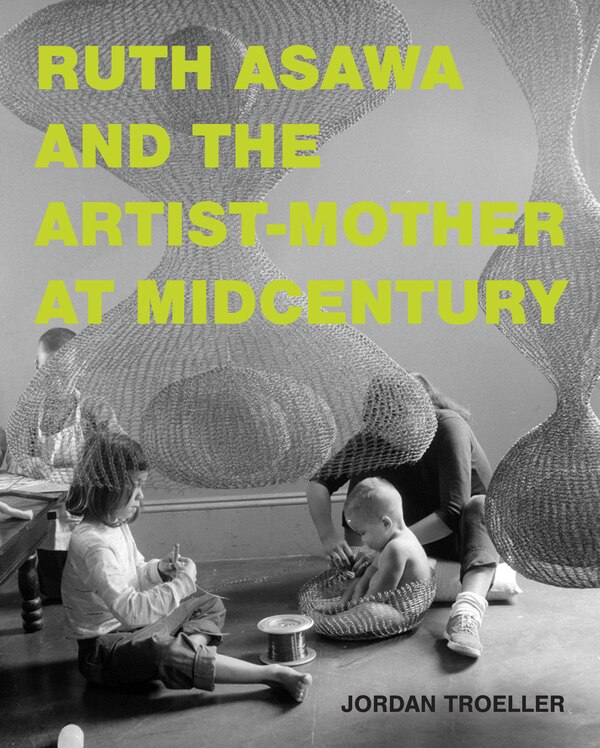Home
Midcentury Quartet by Thomas Travisano, Paperback | Indigo Chapters
Loading Inventory...
Indigo
Midcentury Quartet by Thomas Travisano, Paperback | Indigo Chapters
From Thomas Travisano
Current price: $47.95
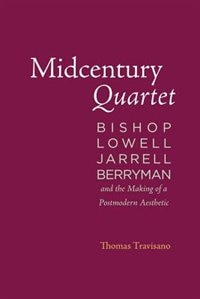

Indigo
Midcentury Quartet by Thomas Travisano, Paperback | Indigo Chapters
From Thomas Travisano
Current price: $47.95
Loading Inventory...
Size: 1.25 x 9 x 350
*Product information may vary - to confirm product availability, pricing, shipping and return information please contact Indigo
In a February 1966 letter to her artistic confidant, Robert Lowell, Elizabeth Bishop tellingly grouped four midcentury poets: Lowell, Randall Jarrell, John Berryman, and herself. For Bishop-always wary of being pigeonholed and therefore reticent about naming her favorite contemporaries-it was a rare explicit acknowledgment of an informal but enduring artistic circle that has evaded the notice of literary journalists for more than forty years. Despite the private nature of their dialogue, the group's members-Bishop, Lowell, Jarrell, and Berryman-left a compelling record of their mutual interchange and influence. Drawing on an extensive range of published and archival sources, Thomas Travisano traces these poets' creation of a surprisingly coherent postmodern aesthetic and defines its continuing influence on American poetry. The refusal of this "midcentury quartet," as Travisano calls them, to voice a formalized doctrine, coupled with their intuitive way of working, has caused critics to miss the coherence of their project. Travisano argues that these poets are not only successors to Pound, Auden, Stevens, and Eliot but postmodern explorers in their own right. In forging their own aesthetic, characterized here as a postmodern mode of elegy, they encountered significant resistance from their immediate modernist mentors Allen Tate, John Crowe Ransom, and Marianne Moore. Jarrell, whom others of the group regarded as a critic of particular genius, was first described as a post-modernist in a 1941 review by Ransom that Travisano cites as the earliest known use of the term. In Jarrell's review of Lowell's Lord Weary's Castle six years later, he named Lowell a postmodernist and identified traits, among them the use of pastiche, that are now considered by theorists such as Fredric Jameson as specifically postmodern. And Bishop's inventiveness allowed her to adapt a self-exploratory mode often, but imprecisely, termed confessional to challenging forms such as the double sonnet, villanelle, and sestina. Each of these poets suffered a devastating loss during childhood and lived through the twentieth-century disasters of the Great Depression, World War II and the Holocaust, and the cold war. The continual tension in their poetry between subjectivity and form, claims Travisano, reflects the plight of the fractured individual in a postmodern world. By arguing so sharply for the importance of this circle, Midcentury Quartet is certain to redraw the map of postwar American poetry. | Midcentury Quartet by Thomas Travisano, Paperback | Indigo Chapters

